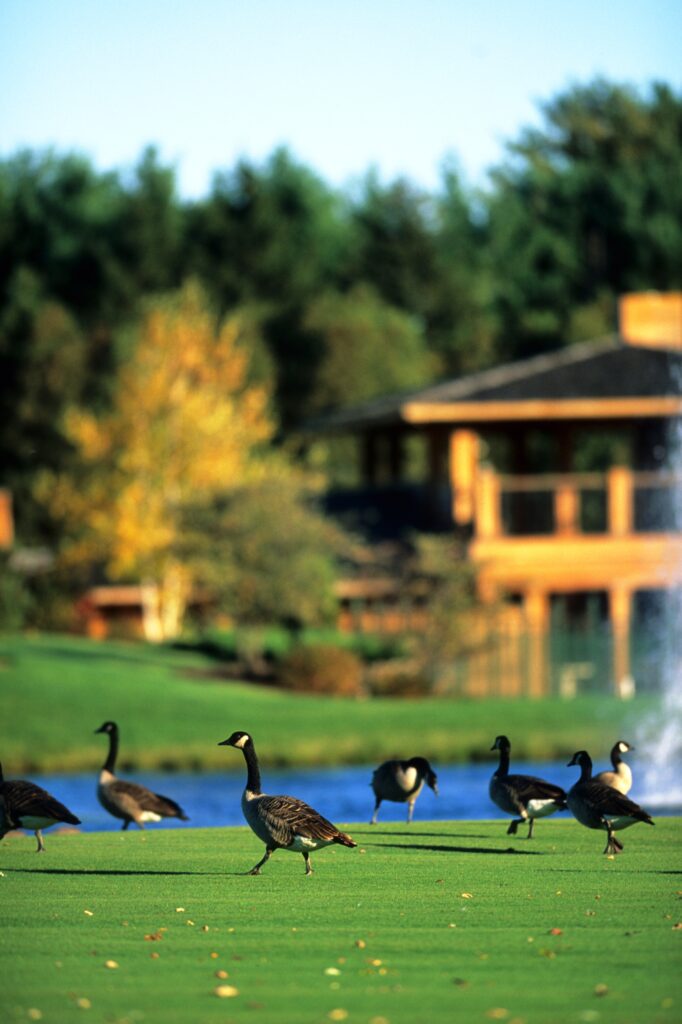 Urban Wildlife Damage Abatement and Control grants help urban areas develop wildlife plans, implement specific damage abatement and/or control measures for white-tailed deer and/or Canada geese. They are available to any town, city, village, county or tribal government in an urban area. This grant provides a 50% cost share up to $5,000 for eligible costs. The application deadline is Dec. 1, 2024. Continue reading “DNR Deer And Geese Damage Abatement And Control Grants Now Open”
Urban Wildlife Damage Abatement and Control grants help urban areas develop wildlife plans, implement specific damage abatement and/or control measures for white-tailed deer and/or Canada geese. They are available to any town, city, village, county or tribal government in an urban area. This grant provides a 50% cost share up to $5,000 for eligible costs. The application deadline is Dec. 1, 2024. Continue reading “DNR Deer And Geese Damage Abatement And Control Grants Now Open”
Archives
Improving Employee Well-being With Exposure To Trees And Nature
By Olivia Witthun, DNR Urban Forestry Coordinator; Olivia.Witthun@wisconsin.gov or 414-750-8744
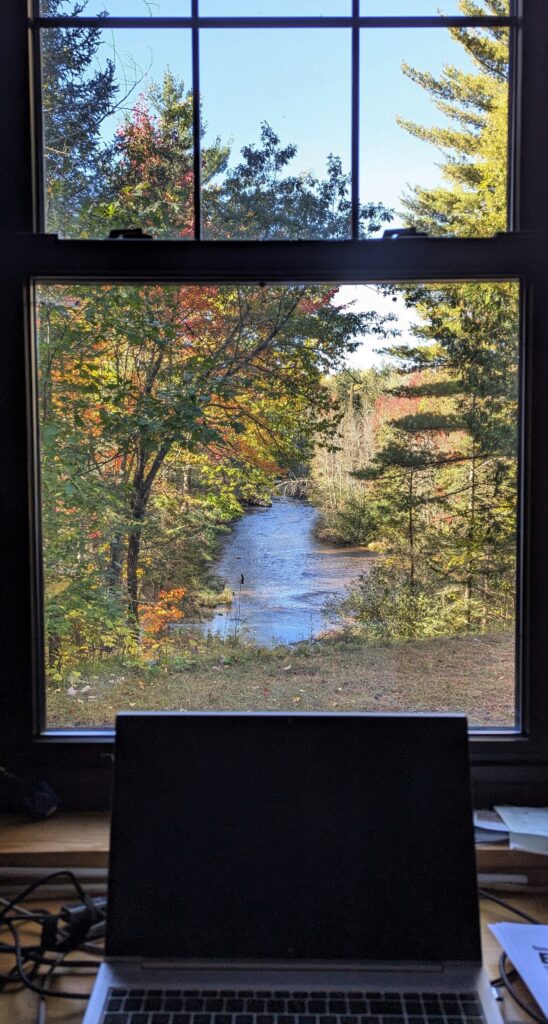 Employee attitudes and well-being improve with exposure to nature. Think about it. Every weekday we commute to work, only to be met by a dark cubicle in shades of beige and grey. Ever wonder why your mood starts to match the walls? It’s because the workplace environment contributes to employee health. We’ve known this to be true (anecdotally) for a long time, but mounting scientific evidence proves our urban and community forests have beneficial effects on employee performance. Continue reading “Improving Employee Well-being With Exposure To Trees And Nature”
Employee attitudes and well-being improve with exposure to nature. Think about it. Every weekday we commute to work, only to be met by a dark cubicle in shades of beige and grey. Ever wonder why your mood starts to match the walls? It’s because the workplace environment contributes to employee health. We’ve known this to be true (anecdotally) for a long time, but mounting scientific evidence proves our urban and community forests have beneficial effects on employee performance. Continue reading “Improving Employee Well-being With Exposure To Trees And Nature”
DNR Announces Recipients Of Wisconsin Urban Forestry Catastrophic Storm Grants
By Nicolle R. Spafford, DNR Urban Forestry Grants Manager; Nicolle.Spafford@wisconsin.gov or 715-896-7099
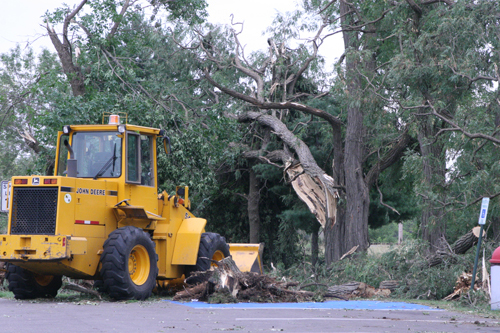 The Wisconsin Department of Natural Resources (DNR) announced the recipients of the Urban Forestry Catastrophic Storm Grants to assist with damage sustained during statewide extreme storm events that took place June 21-25, 2024. Continue reading “DNR Announces Recipients Of Wisconsin Urban Forestry Catastrophic Storm Grants”
The Wisconsin Department of Natural Resources (DNR) announced the recipients of the Urban Forestry Catastrophic Storm Grants to assist with damage sustained during statewide extreme storm events that took place June 21-25, 2024. Continue reading “DNR Announces Recipients Of Wisconsin Urban Forestry Catastrophic Storm Grants”
Sampling Trees On Milwaukee Public School Campuses
By Dan Buckler, DNR Urban Forest Assessment Specialist; Daniel.Buckler@wisconsin.gov or 608-445-4578
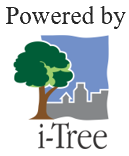 The trees on school properties mirror those of the surrounding urban forest in composition but not in coverage.
The trees on school properties mirror those of the surrounding urban forest in composition but not in coverage.
That is one initial takeaway from an i-Tree Eco project on Milwaukee Public School (MPS) properties conducted by Wisconsin Department of Natural Resources (DNR) Urban Forestry interns Priscilla Loh and Taylor Colman this summer. Continue reading “Sampling Trees On Milwaukee Public School Campuses”
Upcoming Trainings
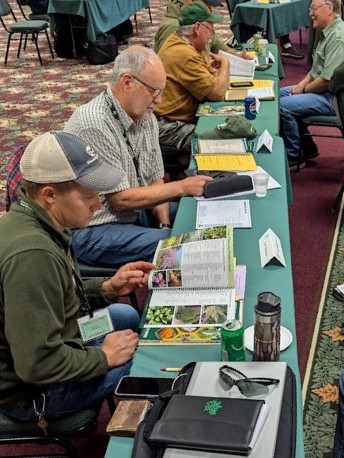 *These training opportunities are provided as an information service only and does not constitute an endorsement from the WI DNR.
*These training opportunities are provided as an information service only and does not constitute an endorsement from the WI DNR.
See below for information on arborist safety, tree biology and US Forest Service recorded webinars. Continue reading “Upcoming Trainings”
Gov. Evers, DNR Announce Inflation Reduction Act Urban Forestry Grant Recipients
Gov. Tony Evers, together with the Wisconsin Department of Natural Resources (DNR) today announced Urban Forestry Grant (UF) recipients, funded through the Biden-Harris Inflation Reduction Act (IRA).
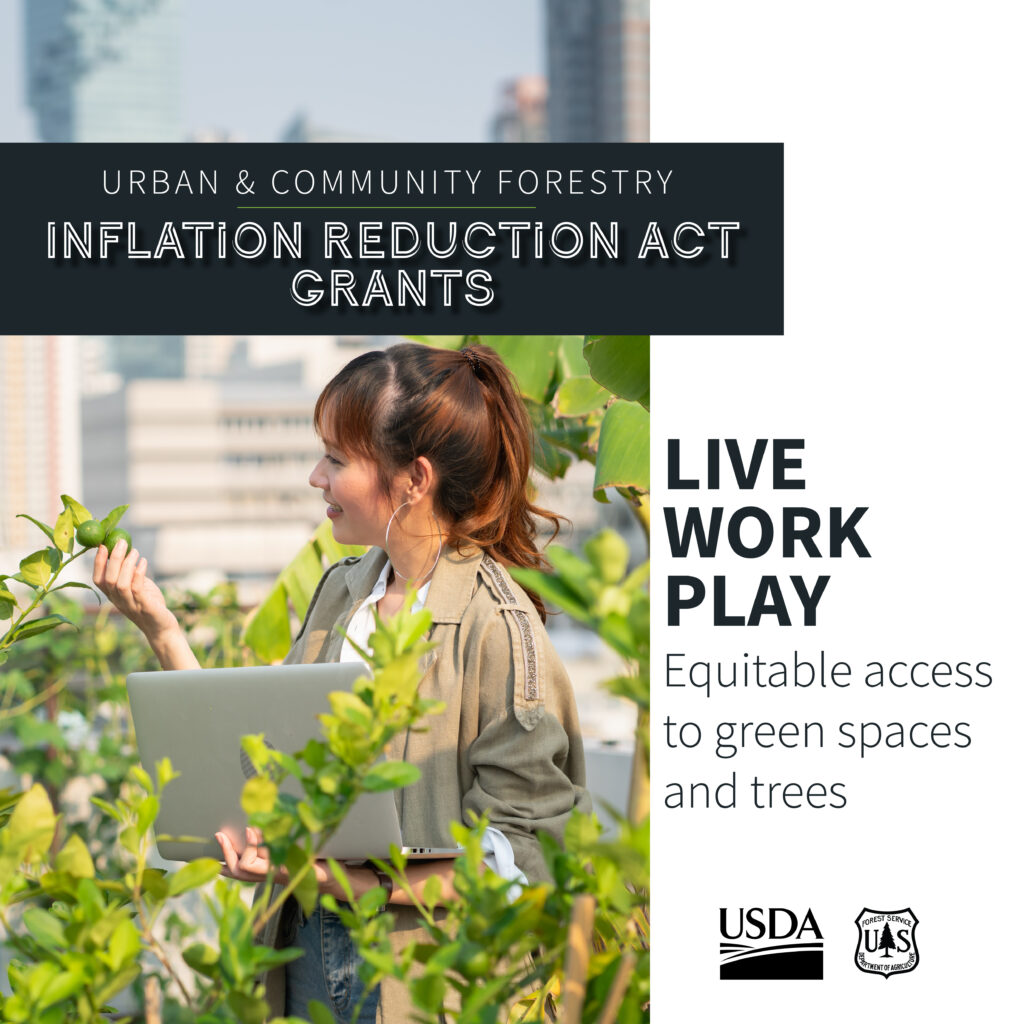 “Wisconsin’s forests are a critical resource for our state, promoting clean air, preserving natural habitats, and bolstering our statewide economy,” said Gov. Evers. “Thanks to our local and federal partners, these investments help build a stronger, more resilient forestry industry, and will protect our environment and grow our economy for generations to come.”
“Wisconsin’s forests are a critical resource for our state, promoting clean air, preserving natural habitats, and bolstering our statewide economy,” said Gov. Evers. “Thanks to our local and federal partners, these investments help build a stronger, more resilient forestry industry, and will protect our environment and grow our economy for generations to come.”
Continue reading “Gov. Evers, DNR Announce Inflation Reduction Act Urban Forestry Grant Recipients”
Reminder: 2025 DNR Urban Forestry Grant Application Open
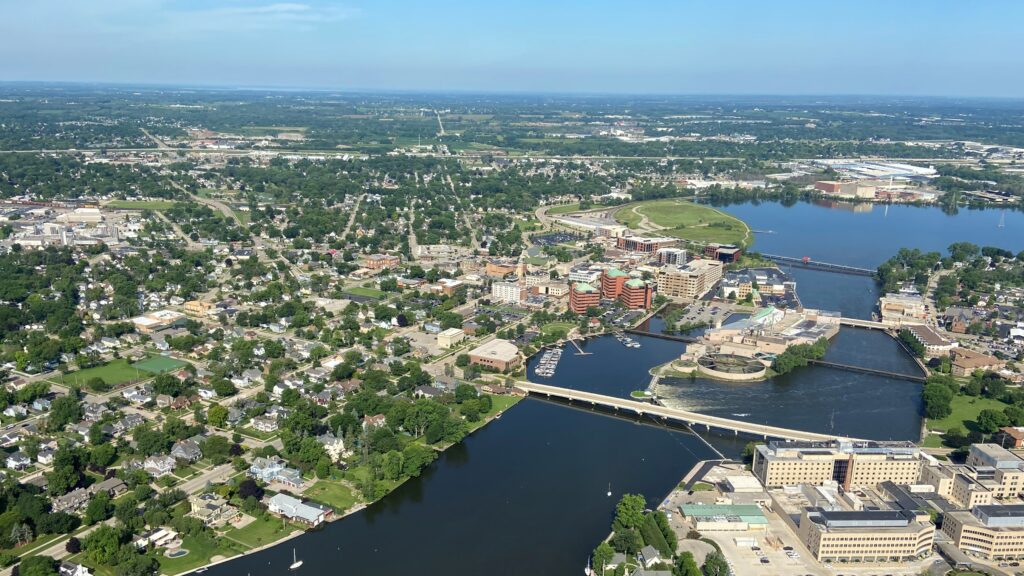 Cities, villages, towns, counties, tribes and 501(c)(3) nonprofit organizations in or conducting their project in Wisconsin are encouraged to apply for a regular or startup 2025 Wisconsin Department of Natural Resources (DNR) Urban Forestry Grant. Continue reading “Reminder: 2025 DNR Urban Forestry Grant Application Open”
Cities, villages, towns, counties, tribes and 501(c)(3) nonprofit organizations in or conducting their project in Wisconsin are encouraged to apply for a regular or startup 2025 Wisconsin Department of Natural Resources (DNR) Urban Forestry Grant. Continue reading “Reminder: 2025 DNR Urban Forestry Grant Application Open”
A Busy Summer For Urban Forestry Interns
By Dan Buckler, DNR Urban Forest Assessment Specialist; daniel.buckler@wisconsin.gov or (608) 445-4578
Every year, the summer ends faster than one could pronounce Liquidambar styraciflua, and this year was no exception. Hopefully, while you are trying to recall proper Latin pronunciations, your summer is still filled with enjoyable, productive or illuminating activities. That was certainly the case for the DNR Urban Forestry summer internship program. This summer, staff worked with Southern University students Taylor Colman and Priscilla Loh on a variety of different data collection projects, filling the internship’s eight weeks with species identification, tree mensuration and tree health assessments. Continue reading “A Busy Summer For Urban Forestry Interns”
First Downs For Trees Celebrates 14 Years
By Patricia Lindquist, Urban Forestry Coordinator; patricia.lindquist@wisconsin.gov or (715) 574-1314
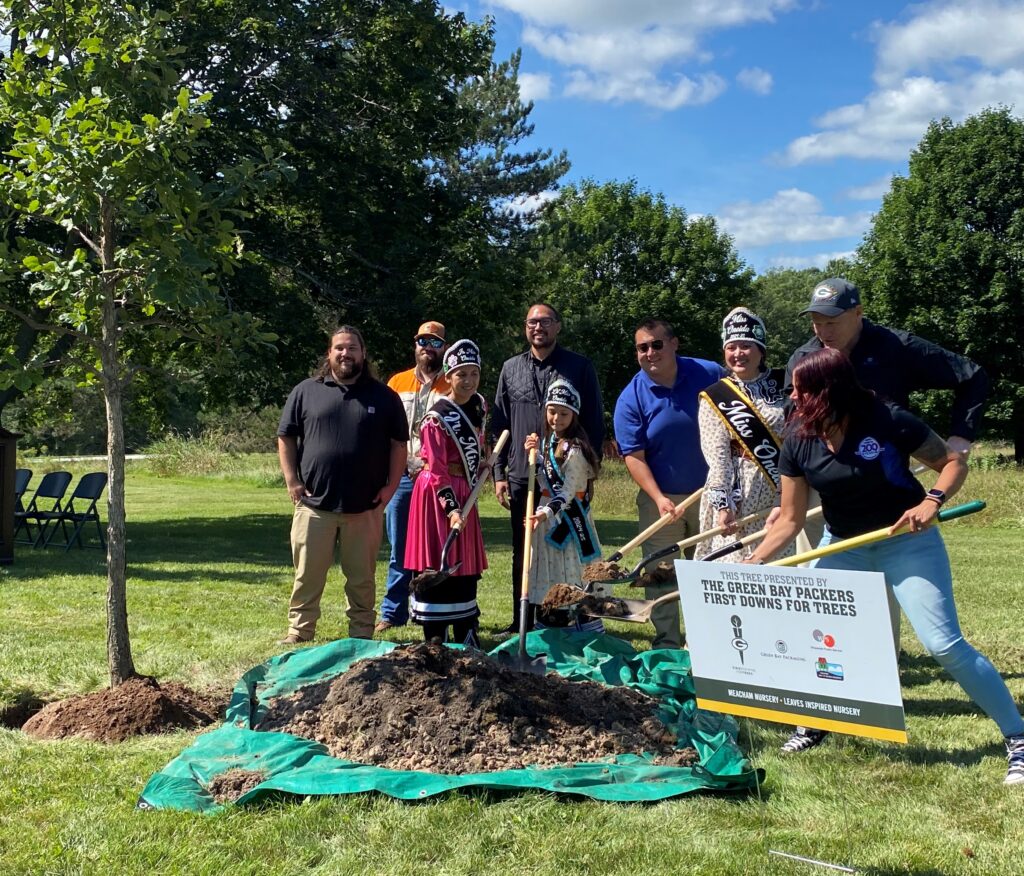 On Aug. 20, 2024, the First Downs for Trees program celebrated its 14th year with a ceremonial tree planting at Amelia Cornelius Park, Oneida Nation. The program is a cooperative effort between the DNR, the Green Bay Packers, Wisconsin Public Service and corporate sponsor Green Bay Packaging, Inc. The donated trees offset the Packers’ carbon footprint when flying to away games.
On Aug. 20, 2024, the First Downs for Trees program celebrated its 14th year with a ceremonial tree planting at Amelia Cornelius Park, Oneida Nation. The program is a cooperative effort between the DNR, the Green Bay Packers, Wisconsin Public Service and corporate sponsor Green Bay Packaging, Inc. The donated trees offset the Packers’ carbon footprint when flying to away games.
In 2024, 402 landscape-sized trees were planted by sixteen communities: Allouez, Ashwaubenon, Bellevue, Brown County, De Pere, Green Bay, Hobart, Howard, Lawrence, Ledgeview, Morrison, Oneida, Pulaski, Scott, Suamico and Wrightstown. The trees were provided by Meacham and Leaves Inspired nurseries. Since its inception, the First Downs for Trees program has donated 7,194 trees. Continue reading “First Downs For Trees Celebrates 14 Years”
Upcoming Trainings
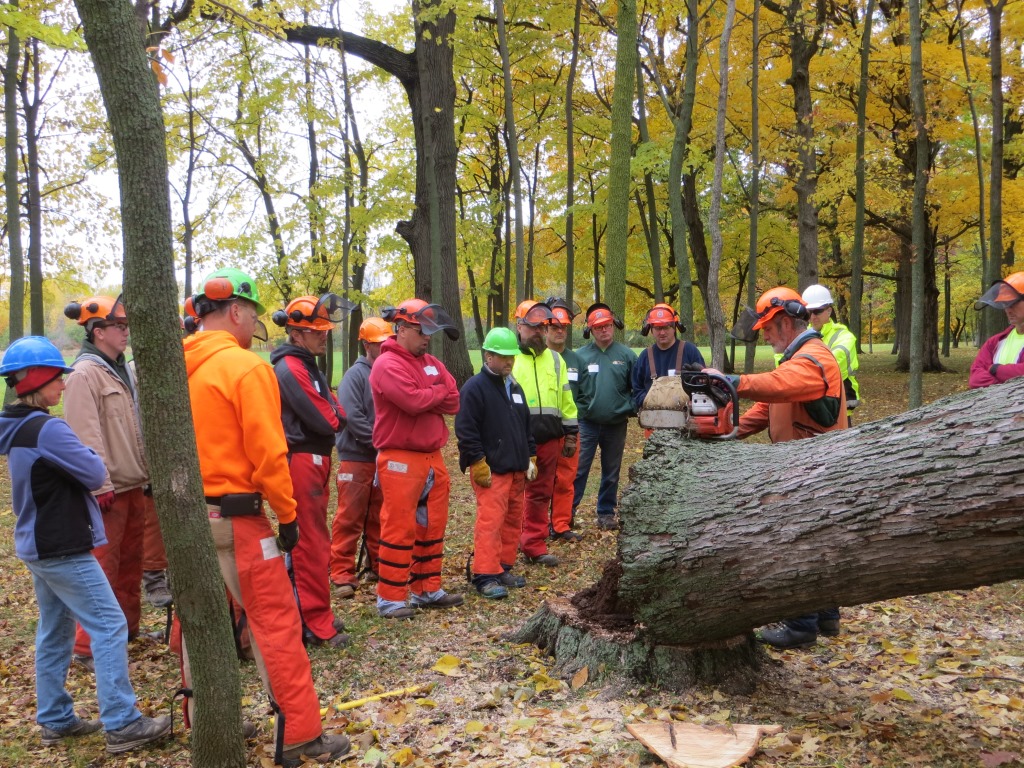 *These training opportunities are provided as an information service only and do not constitute an endorsement from the Wisconsin DNR.
*These training opportunities are provided as an information service only and do not constitute an endorsement from the Wisconsin DNR.
Below is information on trainings hosted by the Wisconsin Arborist Association, Blue Heron Stewardship chainsaw training and the Urban and Community Forestry Society. Continue reading “Upcoming Trainings”
